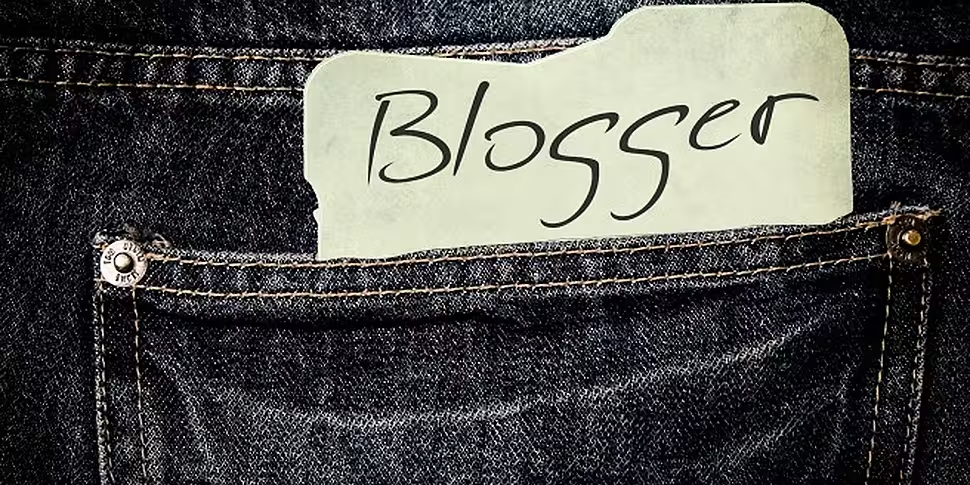Seven in 10 Irish people want heavier Revenue policing of online professionals to ensure they meet their tax obligations, according to a new Taxback.com survey.
Just over a third of the 800 respondents (34%) also stated that they don't believe that all bloggers and influencers declare the income and "gifts" they receive due to their online popularity.
A further 37% said that some of these people don't even know they should be a filing a tax return. Conversely, 29% don't think there's a need to crack down on the industry.

Christine Keily of Taxback.com said of the findings:
"While some of the bigger names in the industry would have set themselves up as a business, we believe that there are lots of smaller blogging 'operations'.
"These people have secured a certain level of online 'followers' which means that brands and businesses, while not paying cash directly, may give them goods & services for free – as a thank you for promoting their offering. However, what lots of people may not realise is that in the eyes of the Revenue these freebies could be deemed as taxable.”
Keily continued:
"People want to know if the content they’re reading is sponsored or contributed by a brand that directly influences the direction of the content.
"So for example, if your vitamin review is sponsored by the company that just happens to sell that product, it’s in the customer’s best interest to know!"

The Competition and Consumer Protection Commission has started to monitor blogger and influencer channels to check for instances of product promotion in return for payment through products or non-monetary benefits.
According to the Advertising Standards Authority of Ireland, sponsored online content "must clearly state that the material is a marketing communication".
Revenue has also stated that "confronting non-compliance in respect of online trading, blogging and digital influencing is a standard element of our compliance framework."

Taxback.com outlined the various categories that fall under tax liability for those who provide “cyber endorsements” in lieu of goods and services. Any payment a blogger receives from operating is counted as income. This includes:
- Payments for sponsored content
- Banner ads on blogs
- Talks/workshops/seminars you hold where they receive payment(s)
Keily added:
"Generally, when bloggers are sent gifts, they are under no actual obligation to review the items. Therefore, it is not payment, but a gift.
"However, the long arm of the taxman can have a claim on these ‘gifts’ once the value is above a certain threshold. If the value of the gifts (material items, or services) given by a single person/company is more than €3,000 in a tax year, then there is a tax implication and you must pay any tax due."
Payments for sponsored content, banner ads and income from seminars and workshops must be declared.

Taxback.com offers the following advice to online professionals trying to meet their commitments:
- If the total taxable amount you earn outside of the PAYE system (ie after the deduction of expenses) adds up to below €5,000 and the total gross amount before the deduction of expenses adds up to less than €30,000 in any given year and you are also a PAYE taxpayer, you just contact Revenue or a tax agent to have your tax credit certificate adjusted in order to collect the tax via the PAYE system.
- If you earn over €5000 net or €30,000 gross in total outside of the PAYE system then you will need to register for income tax using a TRI Form, which is a tax registration form for sole traders.. If your turnover is over a certain threshold (€37,500 for services or €75,000 for sale of products in a 12 month period under current rules), then you’ll need to register for VAT on this form too.
- As well as a completing a TR1 from you must file a self-assessed tax return each year stating the income earned. Declare everything! Any payment a blogger receives from operating a blog counts as income. The deadline for self-assessed tax returns in Ireland is October 31st so you must make sure you meet this, otherwise you could be subject to fines or penalties.
- Self-assessed expenses can include items you need for you blogging business such as stationary, internet, travel to meetings, events.









